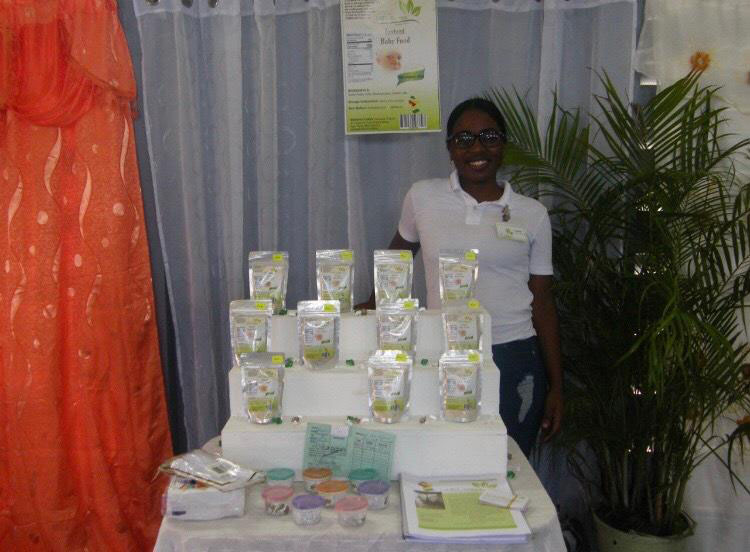High levels of unemployment in the formal sector have long been steering new generations of job-seekers in alternative directions which, even up to a decade or so ago, would probably not have been on their radars. What is significant about this development is that the option to depart from the accustomed job choices is being embraced, increasingly, significantly, by young women, recent school-leavers, who appear to have put behind them the prospect of what we in Guyana have come to see as the respectable but all too frequently dead-end clerical employment options that offer only modest financial rewards.
At 18, Damacia Benn, a former student of St. John’s College, has just completed an agro-processing course at the Guyana School of Agriculture. What it has done for her, above everything else, she says, is to broaden the base of her ambitions beyond what is perhaps typically expected of a young female adult on the threshold of ‘graduating’ into the world of work, post-secondary studies or both. And over time, the likelihood of pursuing a business of her own has been, increasingly, dawning upon her.
During her GSA course of studies she was required to ‘manufacture’ and package an agro-processed product out of local raw materials. It was the realisation of the completed, packaged product that has persuaded her that there might be more to her interest in agro-processing beyond just another formal qualification.
When Stabroek Business met with Damacia just over a week ago she shared with us the end-product of her manufacturing effort, an infant cereal manufactured from a mix of sweet potato, eddo, calalloo, black eye peas and salt. Up until now it is still to go through the rigours of pre-market testing and the packaging must still pass what, these days, have become demanding customer standards tests. That, however, does not appear to trouble Damacia. She is clinging to her first real excursion into agro-processing and the idea that, down the road, it might yet displace some of the foreign imports that still dominate local supermarket shelves appears to have provided her with a focus to persist.
There have been other developments in Damacia’s entrepreneurial thought process too…like the ‘creation’ of an as yet unregistered company, “D Bees”. Up until now all of these are constituent elements of a grand if far from as yet realised plan. For the moment, however, it provides a sort of focus, a goal at which to aim.
The product itself is still some distance away from appearing on local supermarket shelves, but at least she believes she has reached the point where she can begin to do much more than dream. As with so many other up-and-coming agro processors, her next envisaged step is to have her product experience the ‘test’ of shelf space at the Guyana Marketing Corporation’s Guyana Shop before finding its way onto the mainstream local market.
In the period ahead she wants to throw herself into two pursuits; the formal registration of D Bees as a business and seeking to secure the food safety ‘green light’ from the Government Analyst-Food & Drugs Department (GA-FDD). In the latter pursuit she has already benefitted from a briefing by GA-FDD Director Marlan Cole. It is only after those hurdles are crossed that she can focus on getting her product into The Guyana Shop.
For Damacia, there are further mountains to climb. The affordability of financing a high-quality agro-processing operation has been the single biggest challenge confronting the mostly working class entrepreneurial adventurers who are becoming part of the sector. Up until now discussions among the members of Damacia’s GSA Class of 2018/2019 regarding a joint venture that will meet their various agro-processing requirements have not borne any real fruit. She herself is hoping that with the support of her father, she might, down the road, be able to undertake a modest agricultural pursuit of her own to meet the raw material needs of her agro- processing pursuits.
Like other former GSA students, Damacia has access to the School’s processing facilities for which a fee is charged. She is, however, already envisaging the setting up of a modest factory of her own, a plan that requires funding for the acquisition of equipment and the creation of a facility to house the operation.
All of this is still, up to this time, an unrealised ambition though Damacia and others of her colleagues have already decided to engage both the Small Business Bureau, the Guyana Marketing Corporation and local farmers in pursuit of their ambition of successfully manufacturing, packaging and marketing saleable products. We wish them well on their journey.



